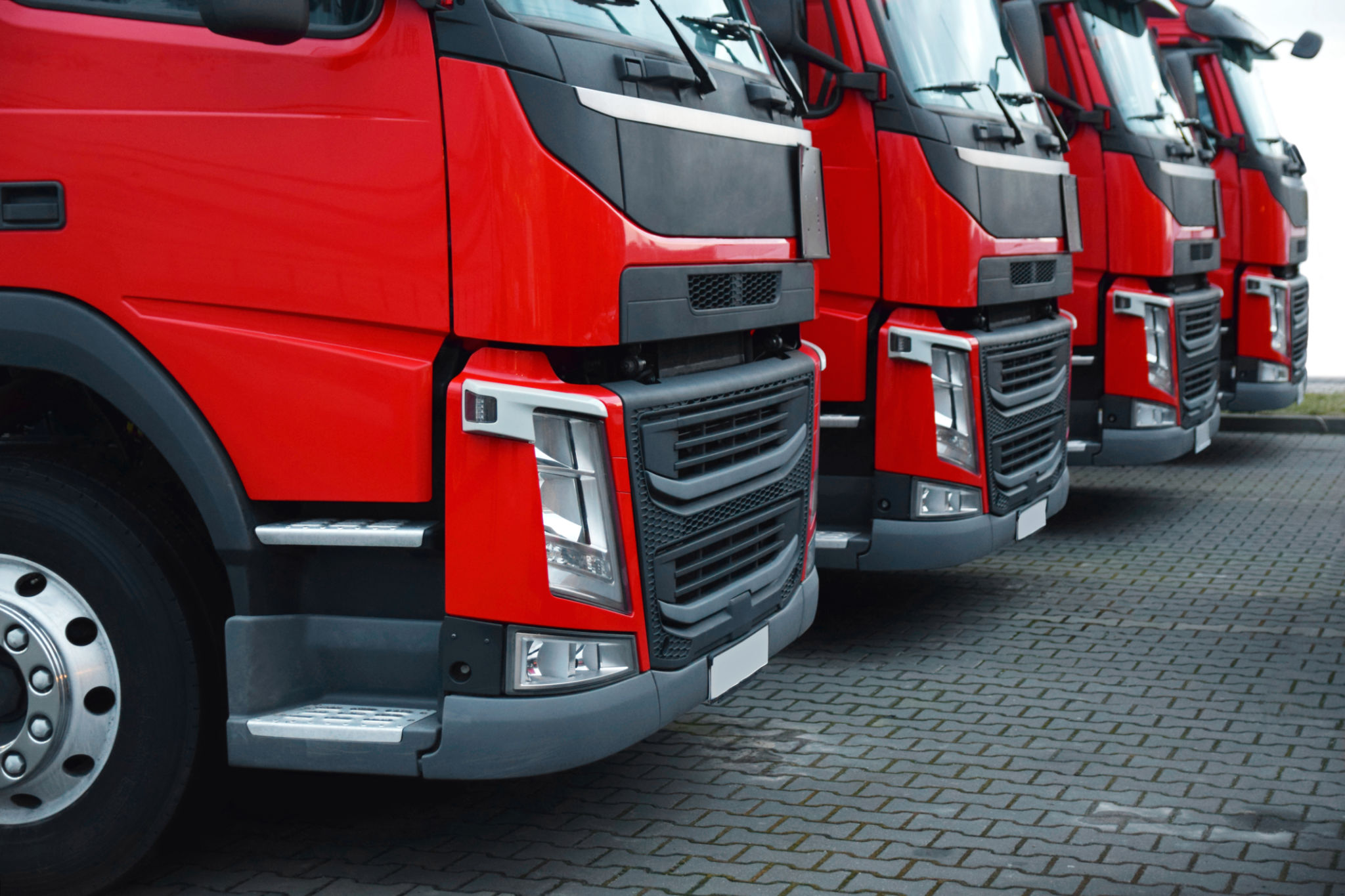Trailer Leasing vs. Buying: What Michigan Businesses Need to Know
Introduction to Trailer Leasing and Buying
For Michigan businesses, the decision to lease or buy trailers is a significant one, impacting both short-term operations and long-term financial health. Whether you operate in logistics, construction, or retail, understanding the differences between leasing and buying trailers can help you make an informed decision that aligns with your company's goals.
Both options come with unique advantages and potential drawbacks. Businesses must weigh these against their specific needs and financial capabilities to determine the best path forward.

Benefits of Leasing Trailers
Leasing trailers offers several benefits, particularly for businesses that require flexibility. One of the most notable advantages is the lower upfront cost. Leasing allows companies to access high-quality equipment without the need for substantial capital outlay. This can be particularly beneficial for startups or businesses looking to maximize cash flow.
Another advantage of leasing is the ability to upgrade to newer models easily. As technology advances, having access to the latest equipment can provide a competitive edge. Additionally, leasing often includes maintenance and repair services, reducing unexpected expenses.
Considerations When Leasing
While leasing offers flexibility, it is essential to consider potential limitations. Lease agreements may include mileage limits and restrictions on modifications, which could impact operations. Additionally, over time, leasing costs can accumulate, sometimes surpassing the expense of purchasing outright.

Advantages of Buying Trailers
Buying trailers can be a smart choice for businesses with stable operations and the financial means to invest upfront. Ownership provides complete control over the equipment, allowing for modifications and unlimited use without concern for lease terms.
Owning a trailer also means building equity over time. As a long-term asset, a trailer can be a valuable addition to a company's balance sheet. Moreover, there are potential tax benefits associated with depreciation and interest deductions.
Challenges of Purchasing Trailers
Despite the benefits, buying trailers involves higher initial costs and potential depreciation. Businesses must consider whether they have the financial resources to commit to such an investment. Additionally, maintenance and repair responsibilities fall solely on the owner, which can lead to unexpected expenses.

Making the Right Decision for Your Business
Ultimately, the choice between leasing and buying trailers depends on your business's unique needs and circumstances. Consider factors such as cash flow, usage frequency, and potential tax implications when making your decision.
If flexibility and lower upfront costs align with your business strategy, leasing may be the more suitable option. Conversely, if long-term control and asset equity are priorities, purchasing could be the better choice.
Consulting Experts
Before making a final decision, consult with financial advisors or industry experts who understand the nuances of trailer leasing and buying in Michigan. They can provide valuable insights and help tailor a solution that meets your business's specific requirements.
In conclusion, whether you choose to lease or buy, ensuring that your decision supports your business goals is essential for success in Michigan's dynamic market landscape.